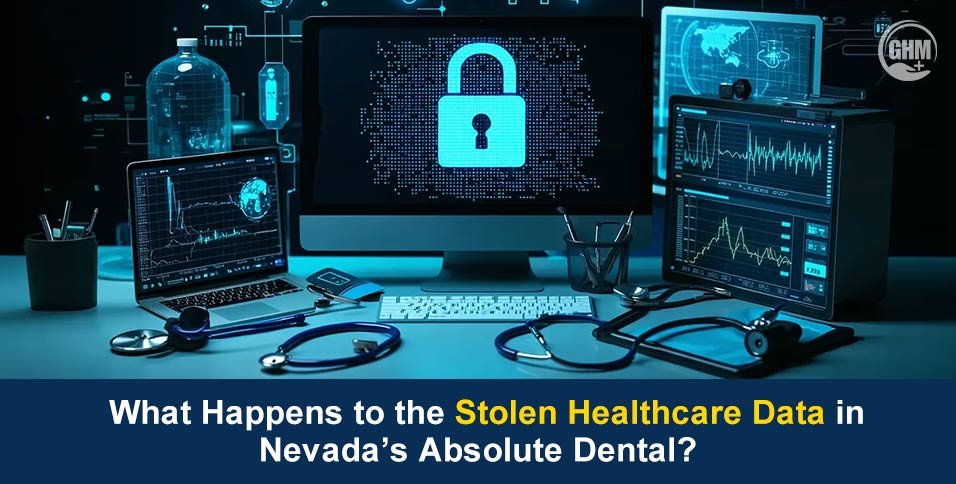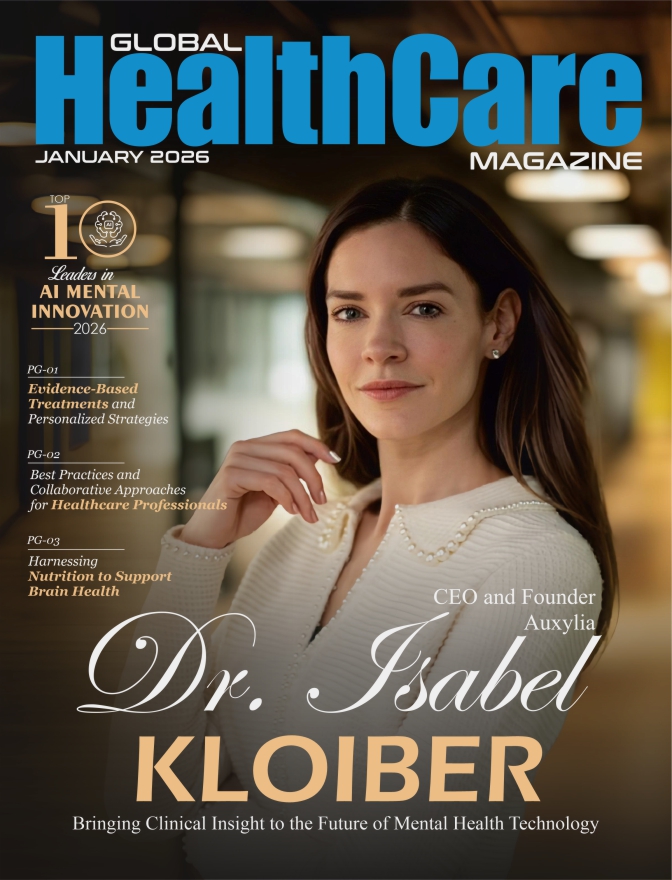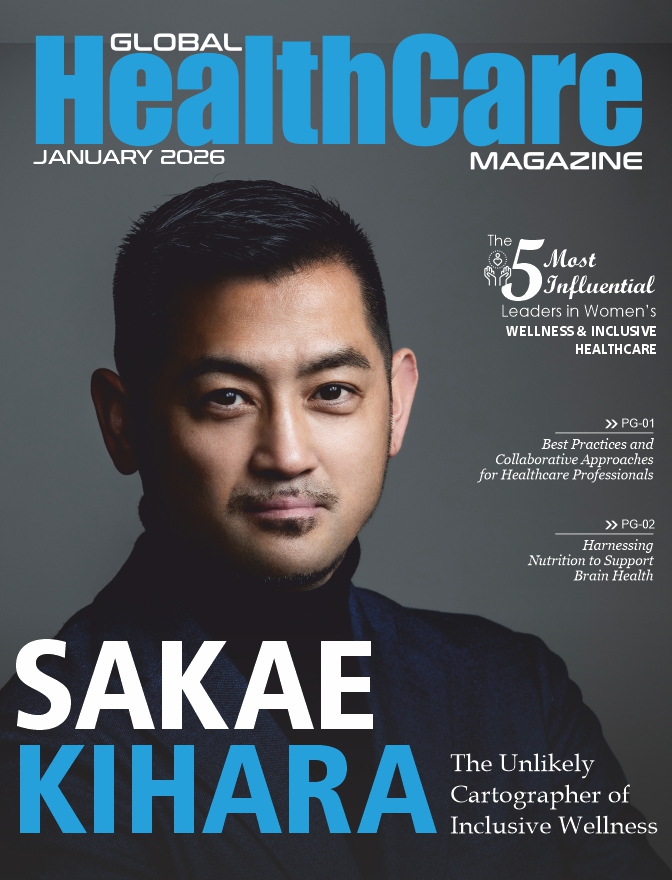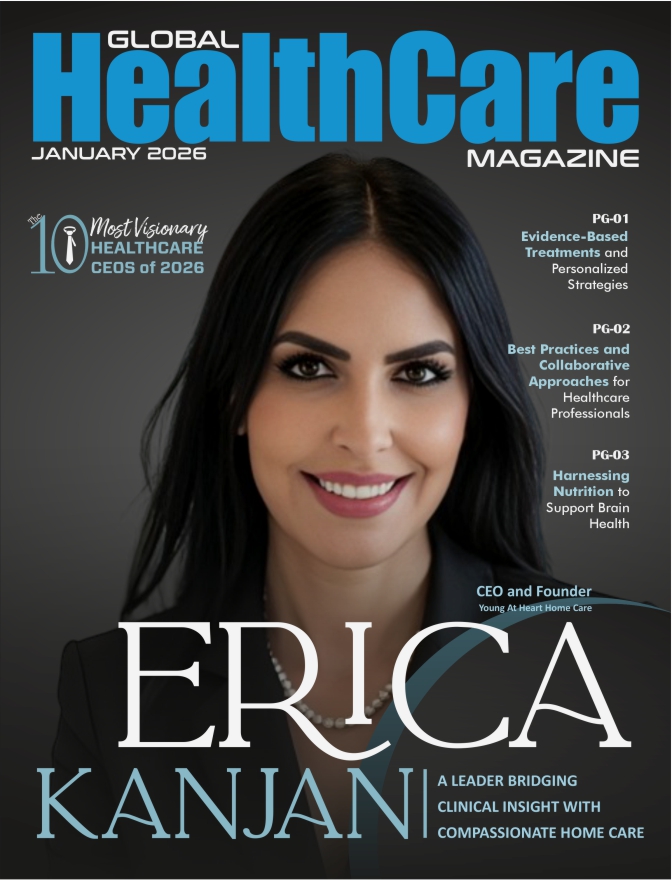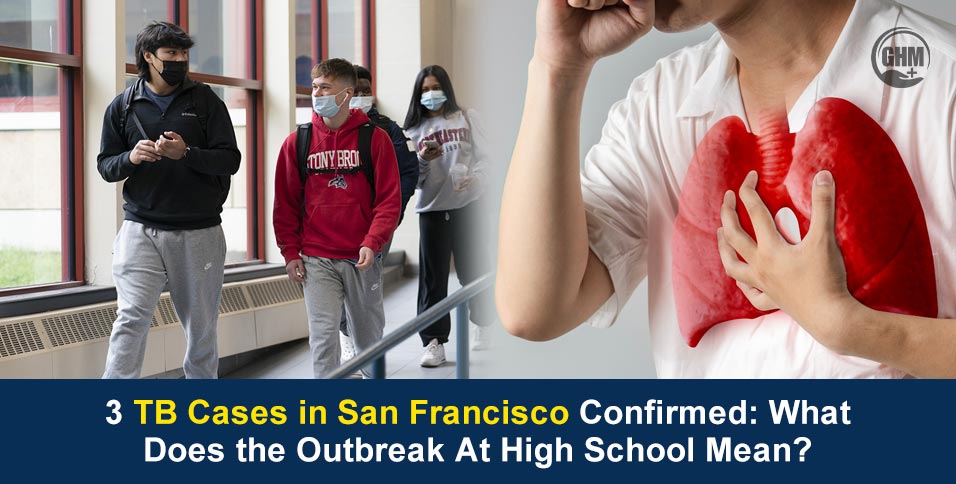Absolute Dental, a leading dental care provider in Nevada with over 50 locations, has confirmed that a cyberattack in February 2025 exposed the personal and protected health information (PHI) with stolen healthcare data data of more than 1.2 million individuals.
Initially, the company reported the breach to the U.S. Department of Health and Human Services’ Office for Civil Rights (OCR) in May 2025, with a placeholder figure of just 501 affected individuals. However, a recent update revealed the true scope of the attack, making it one of the largest healthcare data breaches of the year.
The compromised information reportedly includes names, addresses, dates of birth, treatment details, and insurance information, putting victims at significant risk of identity theft and financial fraud.
Prime Target for Hackers
Healthcare data is often considered more valuable than financial data like credit card information.
Reasons healthcare data is valuable to cybercriminals:
- Identity theft: Fraudsters can open bank accounts, take out loans, or file fake insurance claims.
- Medical fraud: Stolen information may be used to obtain prescription drugs or expensive medical procedures.
- Targeted scams: Hackers can exploit sensitive health details to scam victims through phishing or blackmail.
- Long-term value: Unlike passwords or credit card numbers, medical history remains relevant for decades.
This makes healthcare breaches particularly dangerous, with long-lasting effects for victims.
The Cycle of Stolen Data
When hackers steal patient records, the data typically follows a specific lifecycle in the cybercriminal ecosystem:
1. Sale on the Dark Web
The stolen healthcare data is often sold in bulk on underground marketplaces. Buyers may include identity thieves, insurance fraud rings, or even nation-state actors seeking intelligence.
2. Use for Fraud and Theft
The information can be used to:
- Submit false insurance claims and pocket the payouts.
- Steal a victim’s identity to open new credit accounts.
- Gain access to prescription medications illegally.
According to the FBI’s Internet Crime Complaint Center (IC3), medical identity theft costs the U.S. healthcare system billions of dollars each year.
3. Data Manipulation Risks
Beyond theft, stolen healthcare data could be altered. Altered data could lead to misdiagnoses, incorrect treatments, or even denial of insurance coverage.
Absolute Dental’s Response
Absolute Dental has stated that it is working closely with cybersecurity experts and law enforcement to investigate the attack. The company has also begun notifying affected individuals and offering free credit monitoring and identity protection services.
The company has not disclosed whether it paid a ransom to the attackers, which is common in healthcare-related ransomware incidents.
Actions By Victims
Patients affected by this healthcare data breach should take immediate action to minimize risk:
- Monitor financial accounts regularly for unusual activity.
- Place a fraud alert or credit freeze with major credit bureaus.
- Be cautious of phishing emails or suspicious phone calls requesting personal details.
- Review insurance statements to detect fraudulent claims.
- Consider using identity theft protection services if offered.
Growing Concerns About Healthcare Cybersecurity
The Absolute Dental breach highlights a growing healthcare security crisis. According to the HIPAA Journal, there were 725 healthcare data breaches reported in the U.S. in 2024, affecting over 133 million individuals.
Experts warn that healthcare organizations must invest in stronger encryption, staff training, and real-time threat detection to stay ahead of increasingly sophisticated cyberattacks.
Conclusion
The Absolute Dental cyberattack serves as a stark reminder of the risks associated with storing sensitive health information online. With 1.2 million individuals now vulnerable, this incident underscores the urgent need for healthcare organizations to prioritize cybersecurity and patient protection.
Patients must remain vigilant, while regulators and industry leaders push for stronger laws and technologies to safeguard medical data from falling into the wrong hands.

